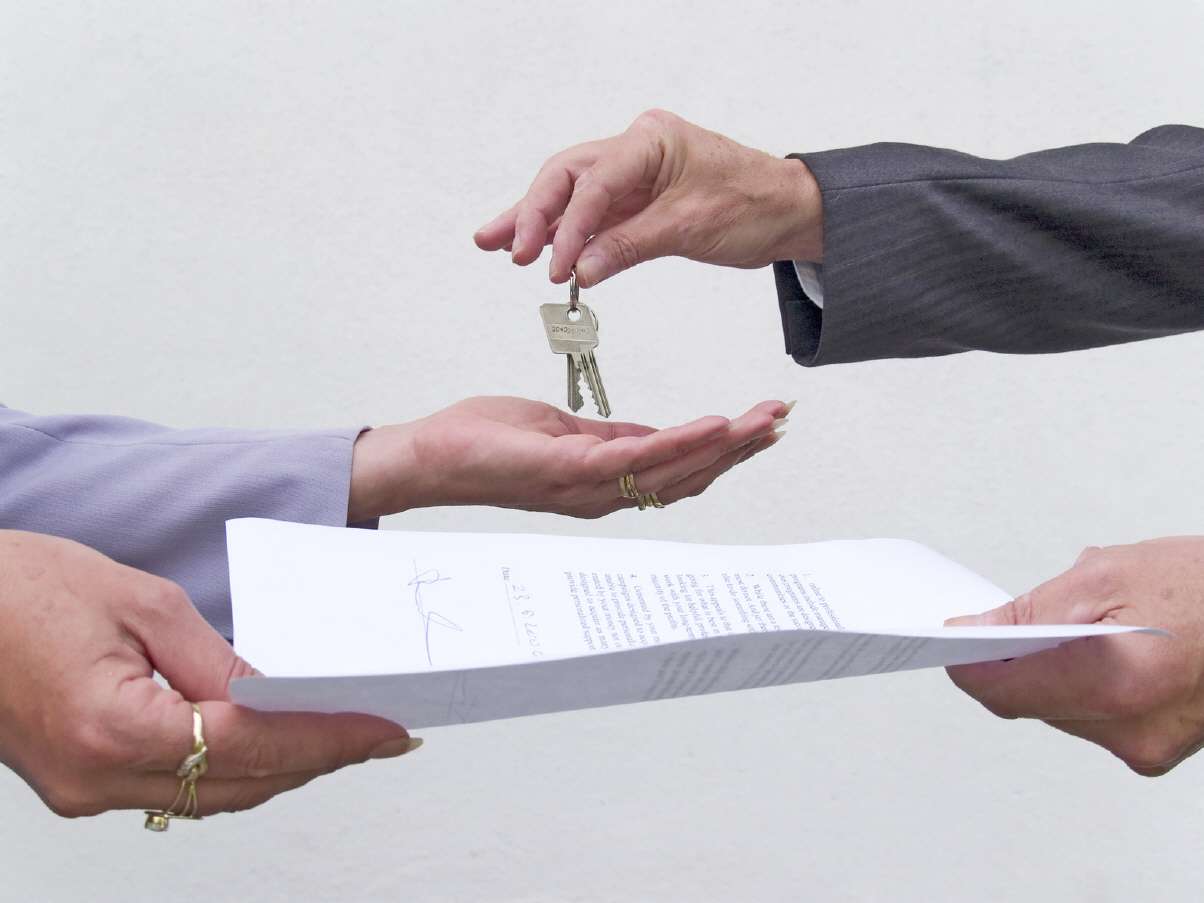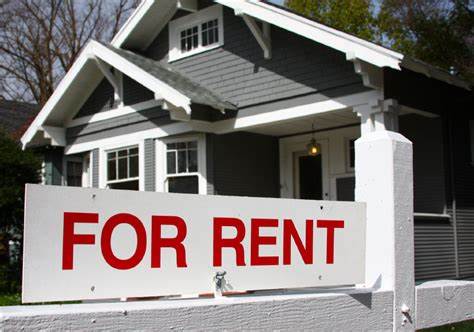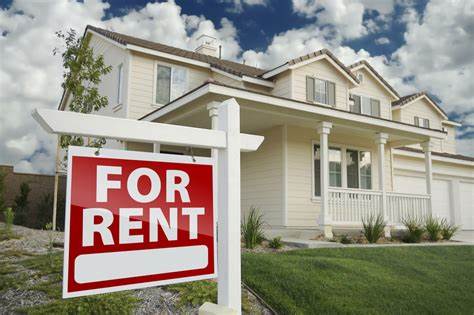Are you living with your family and planning to move into your first apartment? Or are you living independently, being shocked by the economy, moving back to your parents' home, and now wanting to move out? You are not alone. According to recent census data, 24 million millennials — or one in every three people between the ages of 18 and 35 — live with their parents.
According to the census, the same proportion of young people live with their parents for at least 20 years. But what is different now is that according to a recent study by the Pew Charity Trust, after inflation adjustment, most young people earn far less than their parents. In other words, even those who work full-time and want to be independent are harder than recent history.
Can you afford it?
Although you may feel that you are ready, or you go back, make sure you are in good financial condition before you take this step. Take a look at some of the rental listings for the areas you are interested in, and find out how much you have to pay for living there.
How much rent can you pay? The US Department of Housing guidelines recommend that you should not pay more than 25% to 30% of the total rent. In other words, if you earn $30,000 a year, you should look for an apartment of around $750. If this is not realistic in your area, you may need to find a roommate to share the cost.
Next, you will have to consider your other monthly expenses and whether you can pay for these bills. Do some accounting to determine how your finances will be balanced with extra living expenses in your own place. Start with your monthly home-based salary, plus any other income you might receive, and then subtract your other expenses from this number.
If you pay by car, credit card or student loan, be sure to include these amounts in your fee list. It should also include car petrol (or public transport passes), insurance (rental and vehicles), mobile bills, and the estimated amount you typically use for personal items.
Ask your parents or other people you know to help you estimate your expenses, such as utilities, mobile, cable and grocery. They may also remind you of the extra expenses you don't know.
Learn to budget
What if your expenses are higher than your income? This is where things get interesting. In short, you have to come up with a calculator to make a budget. It is impossible to make up for this deficiency by relying on your credit card, and it is often a dangerous way to the main debt. (For more information, read "Keeping your budget alive.")
Look at your budget. Is there anything in it that you can live without spending money? Usually, the answer is “yes”. If you look closely at how you spend money, you are likely to cut expenses and match your income, or better, so that you have some money every month. In order to save money in an emergency. (For more information, read "Building a contingency fund for yourself", do you live too close to the edge?)
Also, consider that you must have some savings (or some help) first, as most apartments will allow you to pay the rent for the first month and the last month in advance, as well as a deposit. In addition, you also need to consider the cost of connecting the utility, as well as the cost of moving the house and the items required after check-in. Laundry charges are usually also an extra charge.
Finally, you should consider the tenant's insurance. Some rental properties will even let you buy it as part of a rental agreement. Rent insurance is affordable, it can cover damage (as in a fire) and steal your property. If you cause damage yourself, it will also protect you from liability. Although this is not absolutely necessary, don't put it outside of your considerations - it may be worth investing!
Find a place where you can call home
Once you've set some parameters that you can afford, it's time to start looking for a place to live. Start by searching internet sites, categorizing ads, and visiting communities you might like to live in.
Although you definitely want to find a place that fits your budget, make sure it is also in the neighborhood that you like, familiar, and safe – if you feel uncomfortable, live too far from your friends and family, or I have to spend a lot of time commuting to your work, and things that look cheap will turn into a nightmare.
Look at the lease
Whether you decide to rent a house on a monthly basis or sign a one-year lease, be sure to read the content you agree with. The lease should specify how much rent you have to pay, when it expires, how long you can occupy the apartment or house, and who is responsible for the utility (some leases include these). It will also include rules about pets, roommates, and whether you can paint or make some improvements. Ensure that the lease is obtained in writing and that a copy is kept for archival purposes after the lease is signed. If you are unsure about anything in the lease, please ask the landlord. If you get an answer that you can't accept -- or you don't get an answer at all -- you should keep looking.
Big action
Once you have signed the lease and have a check-in date, it's time to start writing a list of what you need in your new location. One way to do this is to list the items you use regularly over the course of a few days, including kitchen utensils, office supplies, and personal items. If you don't bring these things, you may have to buy them yourself.
Remember, your first apartment won't have all the amenities you might be used to. If you can't afford all the amenities for yourself right away, you may have to be resourceful and make the most of your existing facilities. Similarly, if your budget is tight, you may not be able to have new furniture right away.
If you don't have your own furniture, start asking your family and friends if they have something to buy, have or borrow. You can also do the same for other items you need. You should also stock up on basic foods such as pasta, rice, canned food and frozen foods. Putting what you like in your kitchen, knowing how to cook, and preparing for it may prevent you from going out to eat, which will help you stay within your new budget.
Find More

Welcome to HouseRentUS.com, your trusted online rental marketplace. We simplify the
connection between renters and property listings without participating in rental transactions or charging
users any fees. For a cost-free, efficient search for houses, apartments, and rental homes, our platform is
your go-to resource to find affordable housing across the USA.
We sustain our services through ad partnerships, including Google, ensuring a user-centric experience. By
interacting with ads, you support our mission to enhance your property search journey. Thank you for your
understanding and engagement.



